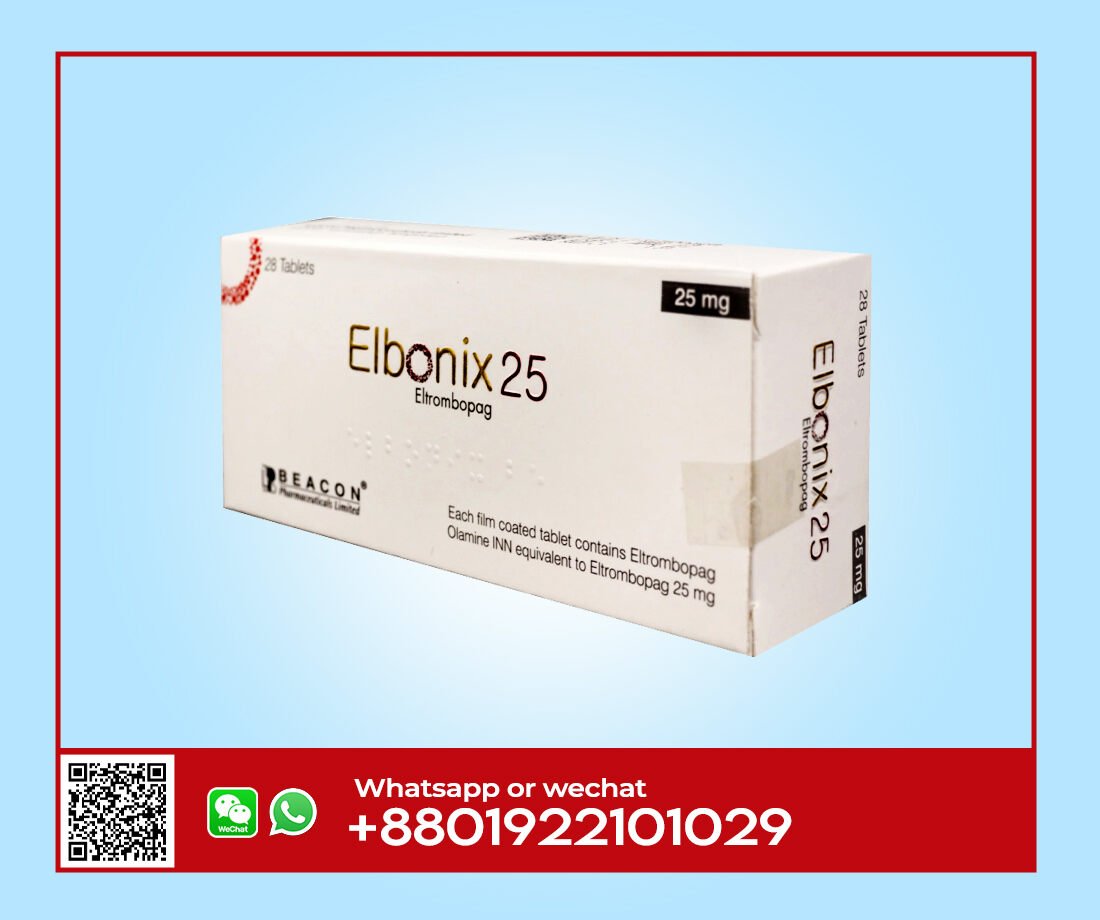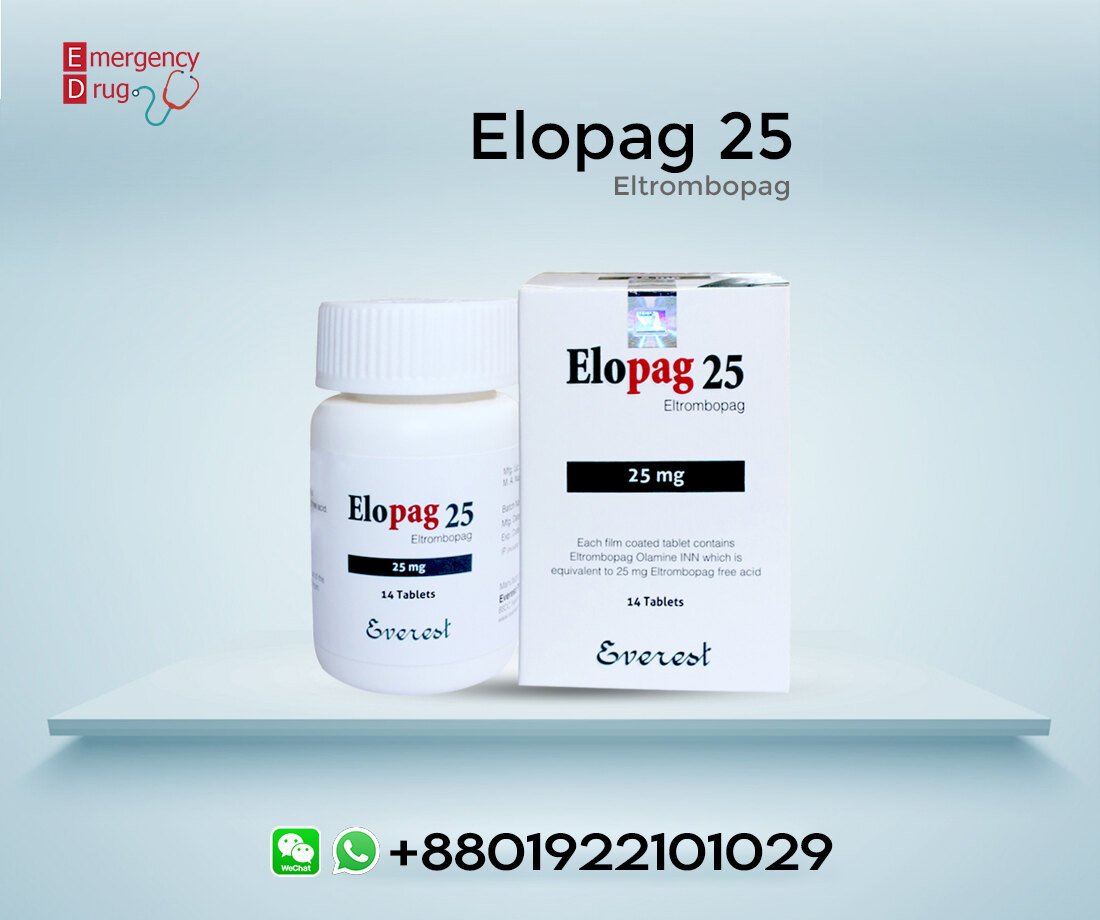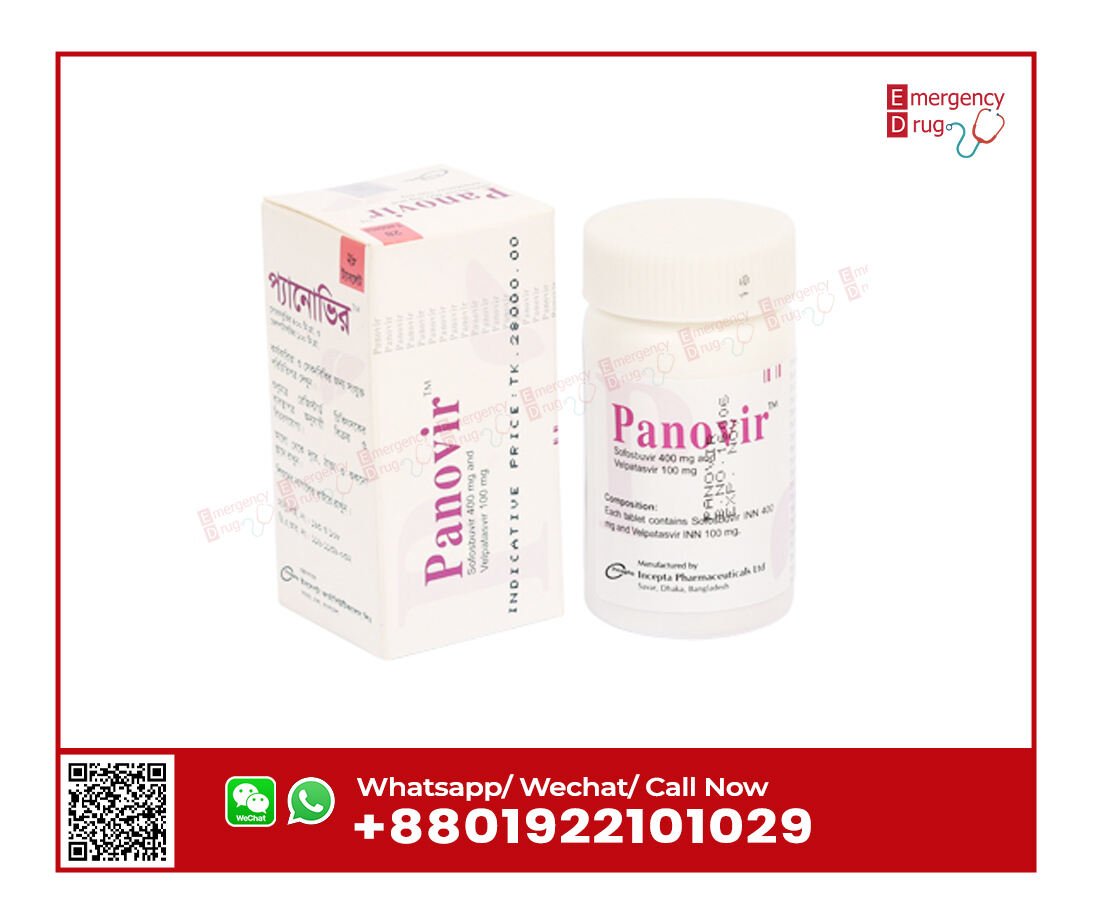Description
Product Features:
| Product Name | : Velpanex |
| Generic Name | : Sofosbuvir Velpatasvir |
| Manufacturer | : Everest Pharma Ltd |
| Indication | : Liver Infection |
| Formulation | : Tablet |
| Strength | : 400 mg |
| Quantity | : 28 Tablets |
| Storage | : Room temperature |
| Registrations | : Export Only |
Velpanex (Sofosbuvir+Velpatasvir) is the treatment of treatment-naïve or treatment-experienced1 adult patients with chronic hepatitis C (CHC)genotype 1, 2, 3, 4, 5, 6 or mixed genotype infection who meet ALL of the following criteria:
Special Criteria
A. Fibrosis stage of F0 or greater (Metavir scale or equivalent);
Special Authority requests for patients must include a fibrosis score test performed in the last 12 months. Acceptable methods include liver biopsy, transient electrography (FibroScan®) and serum biomarker panels (AST-to-Platelet Ratio Index (APRI) either alone or in combination. Supporting documentation must submit.
B. Treatment is prescribed by a hepatologist, a gastroenterologist, an infectious disease specialist, or other prescriber experienced with treating hepatitis C;
C. Confirmed hepatitis C genotype 12, 2, 3, 4, 5 or 6;
D. Quantitative HCV RNA test must done within the previous 12 months3;
E. Patient is NOT currently being treated with another hepatitis C direct-acting antiviral drug.
Uses of Velpanex
The main safety concern with Velpanex is reactivation of hepatitis B virus (HBV) in coinfected patients, which is unusual but may happen with any treatment of HCV infection. All patients should test for HBV before starting therapy by measuring hepatitis B surface antigen (HBsAg) and anti–hepatitis B core (anti-HBc) antibody. Patients with serologic evidence of HBV infection should monitor for clinical and laboratory signs of hepatitis flare-up or HBV reactivation during treatment and posttreatment follow-up.
Sofosbuvir/velpatasvir affects or affect by numerous medications, and a suitable drug interaction reference should consult before beginning treatment or when considering additional medications during treatment. Liver enzyme inducers such as rifampin, St. John’s wort, and carbamazepine (Tegretol), along with others, will decrease the therapeutic effect of sofosbuvir/velpatasvir. Proton pump inhibitors should not taken with Velpanex; histamine H2 receptor blockers and antacids may use, but there are specific timing guidelines in the product labeling. Interactions with antiarrhythmics (especially amiodarone) and anticonvulsants can cause significant adverse effects. Sofosbuvir/velpatasvir has not studied in pregnant or breastfeeding women.
Tolerability
Velpanex is generally well tolerated, with only 0.2% of patients discontinuing treatment in clinical trials because of adverse effects. Fatigue and headaches the most commonly report adverse effects.
Effectiveness
Among patients without cirrhosis or with compensated cirrhosis, 95% to 99% will achieve sustained virologic response (defined as HCV RNA less than 15 IU per mL at 12 weeks after completion of treatment; sustained virologic response is only a biomarker for cure of HCV infection and does not imply direct effects on morbidity or mortality). In one small study comparing Velpanex (n = 64) with placebo (n = 116) in patients with HCV genotypes 1, 2, 4, 5, and 6, 99% of the patients taking sofosbuvir/velpatasvir achieved sustained virologic response vs. none of the patients treated with placebo. In patients with HCV genotype 3, sofosbuvir/velpatasvir is more effective than sofosbuvir/ribavirin, with response rates of 95% vs. 80%, respectively.
In patients with decompensated cirrhosis (Child-Pugh score of B), 94% will achieve sustained virologic response when treated with sofosbuvir/velpatasvir in combination with ribavirin. There are no studies comparing the effectiveness of sofosbuvir/velpatasvir with elbasvir/grazoprevir or ledipasvir/sofosbuvir.
Simplicity
Sofosbuvir/velpatasvir need to take orally once daily with or without food. It does not require adjustment for renal or hepatic disease.
Visit Our another hepatitis C related product here.








Reviews
There are no reviews yet.